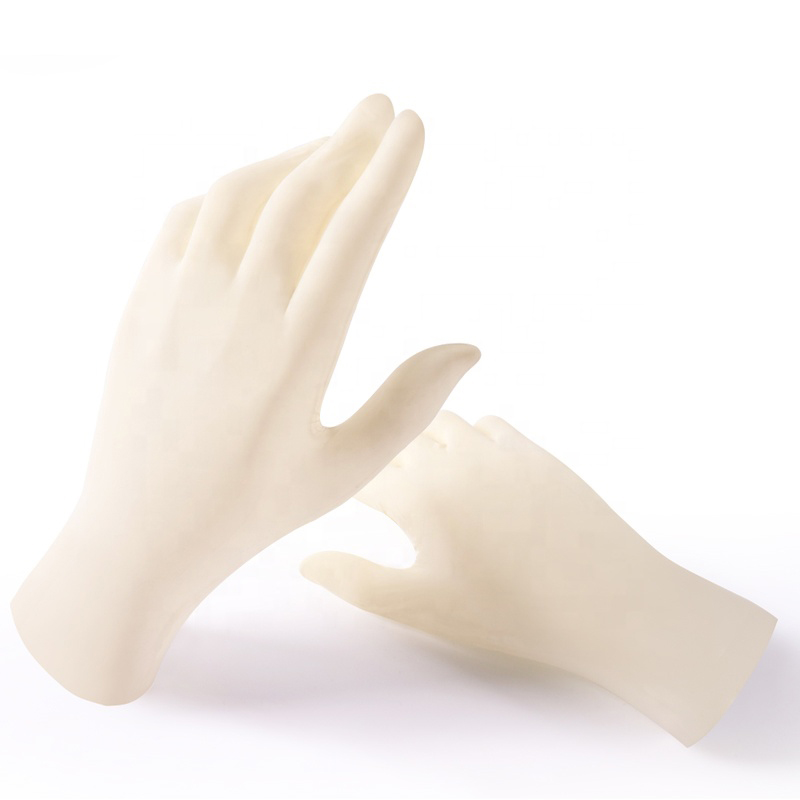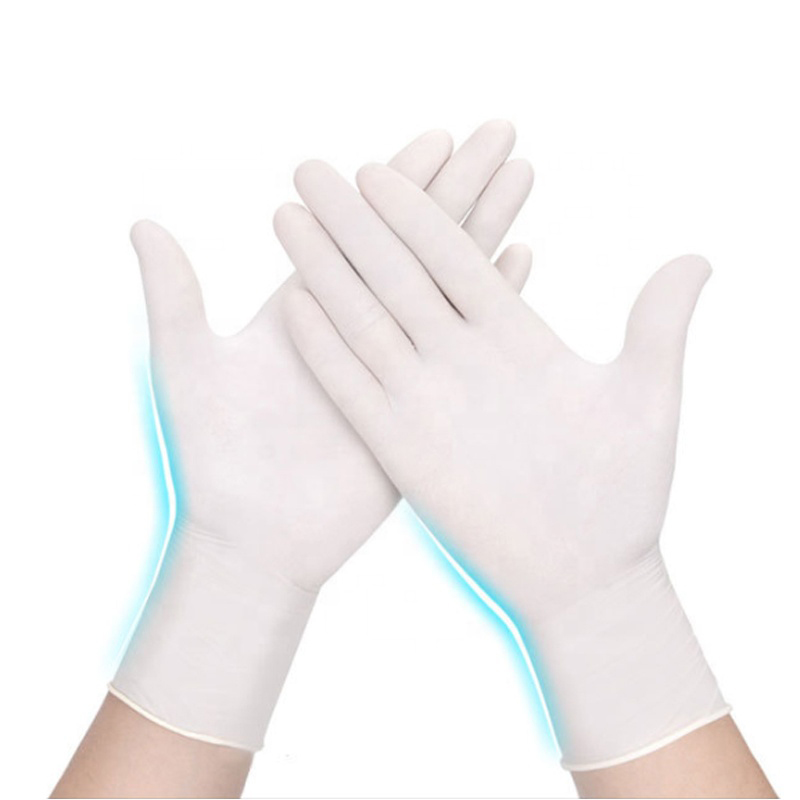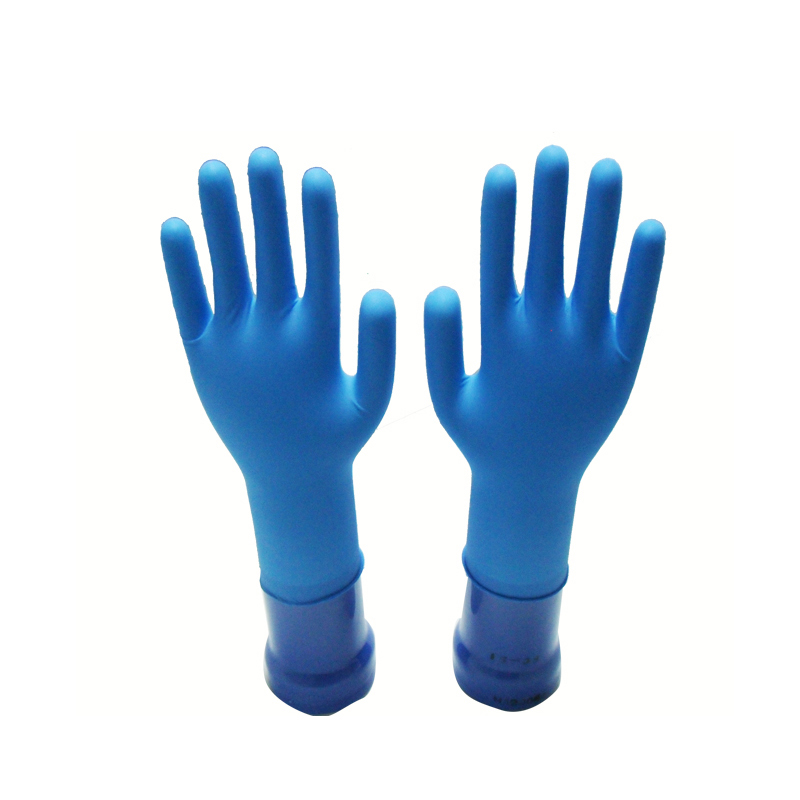For patients with end-stage organ failure, organ transplantation is already the last option.
Then, even if the transplanted organ is selected, it will face the problem of long-term rejection of the immune system. Even if the organ is preserved during the preparation of the transplant, the surgery itself will cause irreversible damage or damage to the organ, which needs to be considered in depth.
The rejection of the immune system is mainly due to the difference in serotypes between the person providing the organ and the person receiving the organ transplant. The recipient's immune system cannot recognize the transplanted organ normally, but acts as an invasive alien. Therefore, patients need to take immunosuppressive agents for life to reduce rejection, but this will weaken the patient's immunity, is a double-edged sword that needs to be used with caution.
There are also some safer treatments: before the organ transplant, the patient undergoes a bone marrow transplant, and after the patient's new immune system is established, an organ transplant is performed. Since the transplanted bone marrow and organs are all from the same donor, the newborn immune system recognizes the transplanted organ and avoids rejection.
Under the premise that modern medicine can better overcome the rejection reaction, another problem faced by organ transplantation is the preservation of transplanted organs.

There are two sources of death donor organs, the donor after cardiac death (DCD) and the donor after braindeath (DBD). In general, the heart of the DBD donor has been pulsating, and the organs of the DCD donor are affected by the cardiac arrest time to a certain degree of warm ischemia (Warm Ischemia), so DBD donors are more suitable for organ transplantation.
The transplanted organ should be stored for a period of time without blood supply. If it is not treated, the organ decline may occur within a few minutes and a few hours. Organ preservation is to extend the survival time without blood supply in vitro as much as possible, and to maintain activity until transplanted into the recipient.
Viruses and bacteria are everywhere. Preventing them in advance is the best way to reduce the risk of infection. Wearing a mask and washing hands frequently are crucial. The new type of coronavirus has the characteristics of contact transmission, and the fact that the virus exists on the doorknob of patients with pneumonia has also shown the necessity of paying attention to hand hygiene and wearing disposable protective gloves.
Whether it is going out to purchase daily necessities or buying through online platforms, it is inevitable to come into contact with "foreign" items, such as supermarket shopping carts, packaging bags, express packaging boxes, etc., and more things need to be touched after resuming work, such as It is inevitable to take public transportation, elevators, etc., these places may have been touched by patients or suspected patients. Wearing disposable protective gloves is an effective means to reduce the risk of infection when there is no condition to wash your hands at any time.



Medical Glove,medical nitrile gloves,Disposable examination medical gloves,surgical gloves
Shanghai Rocatti Biotechnology Co.,Ltd , https://www.ljdmedical.com